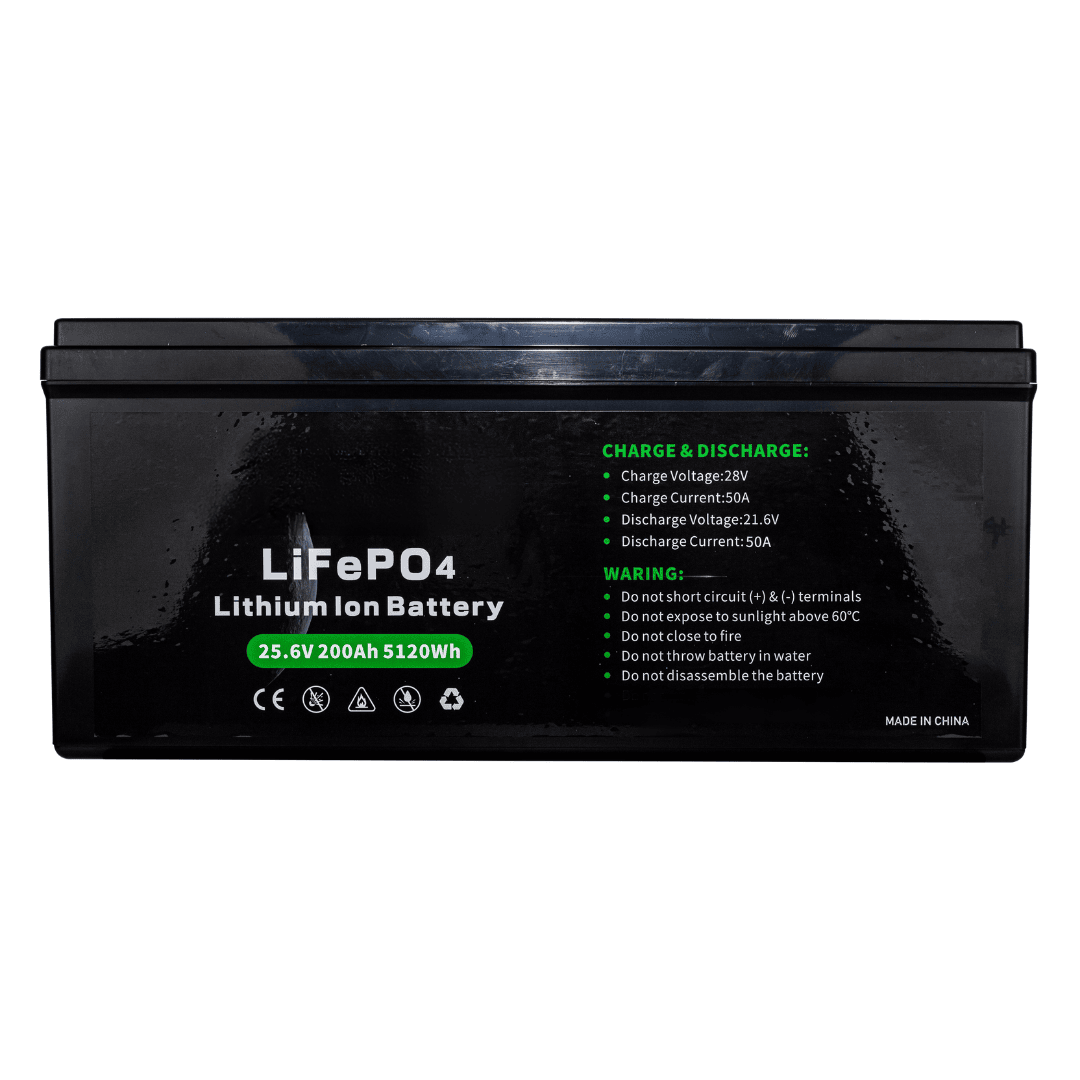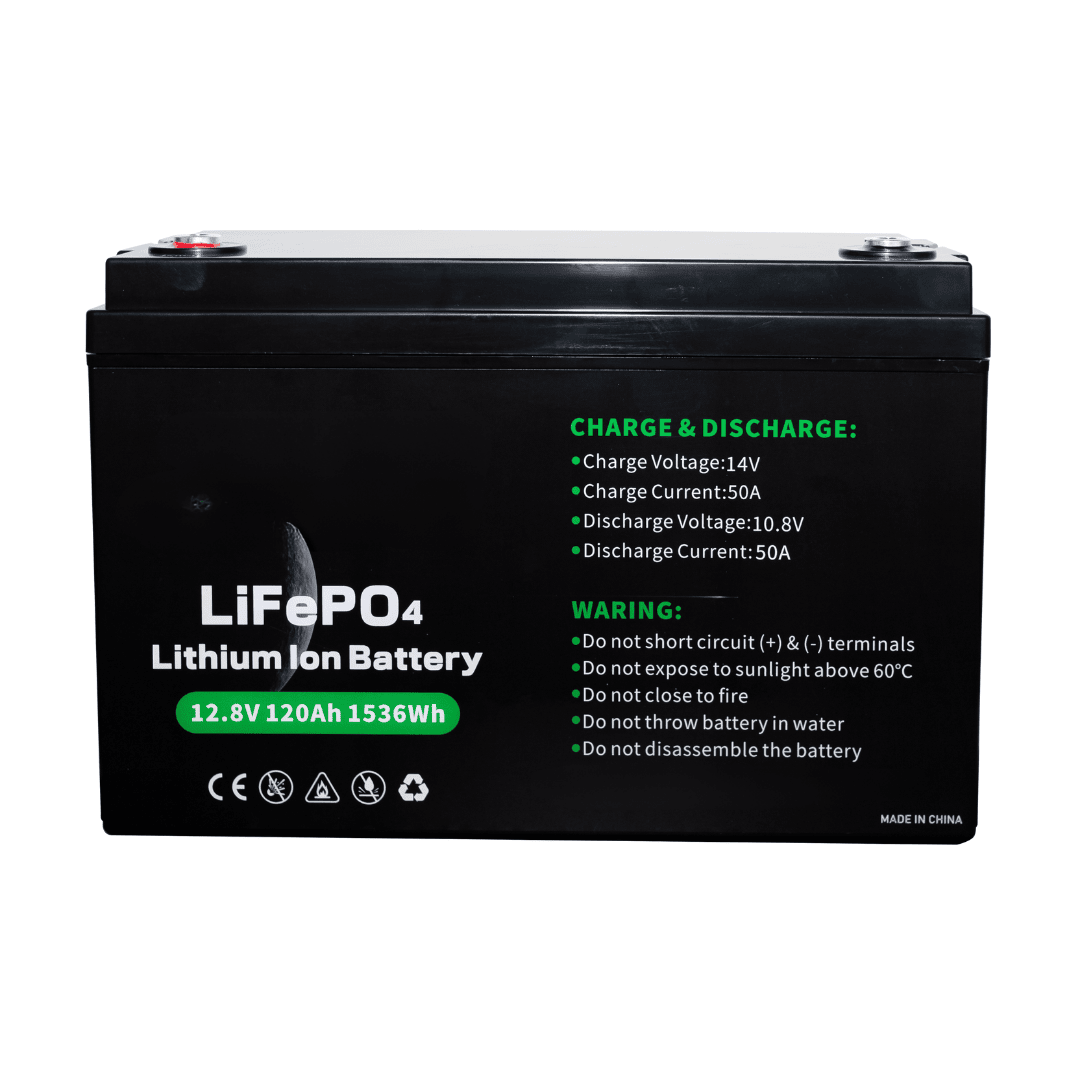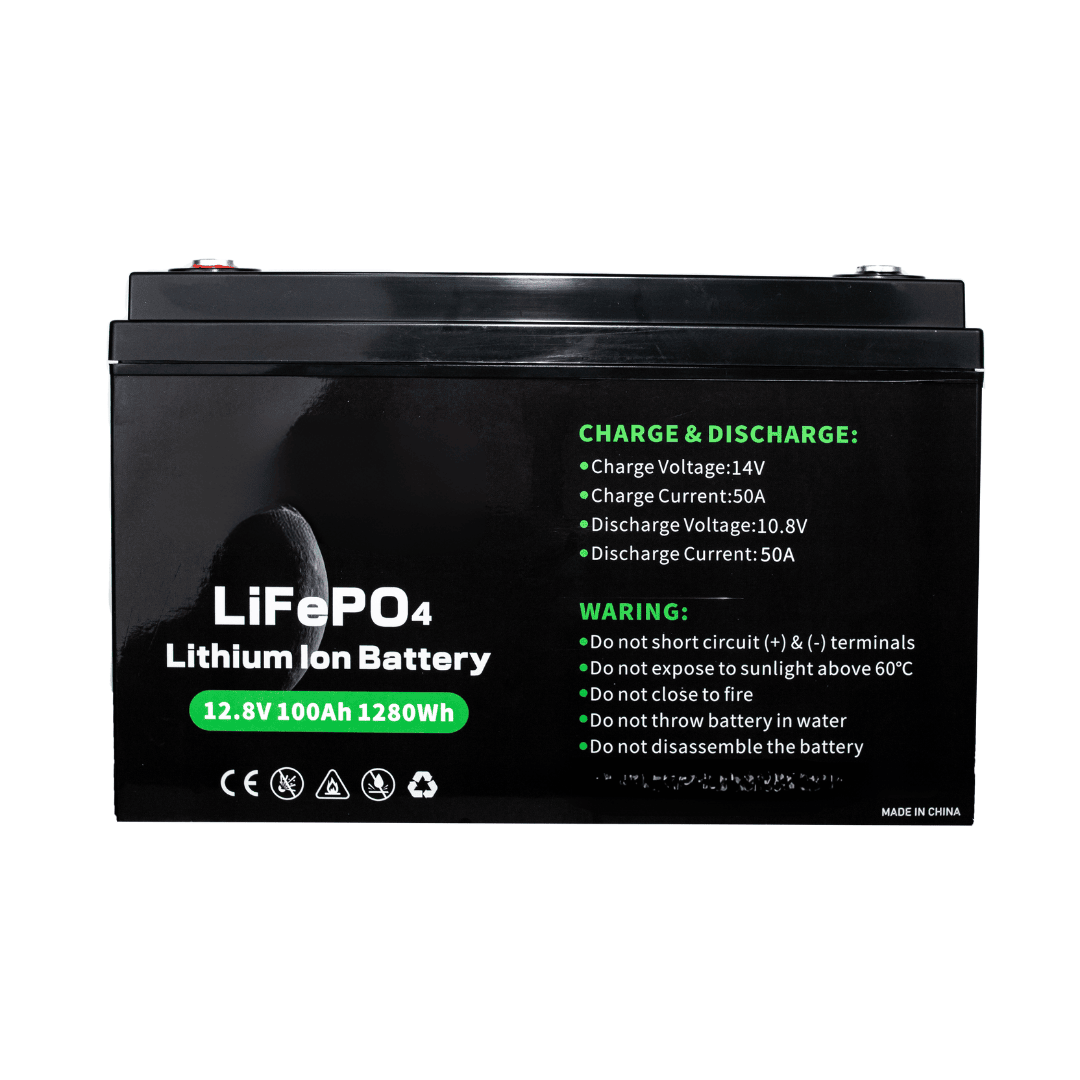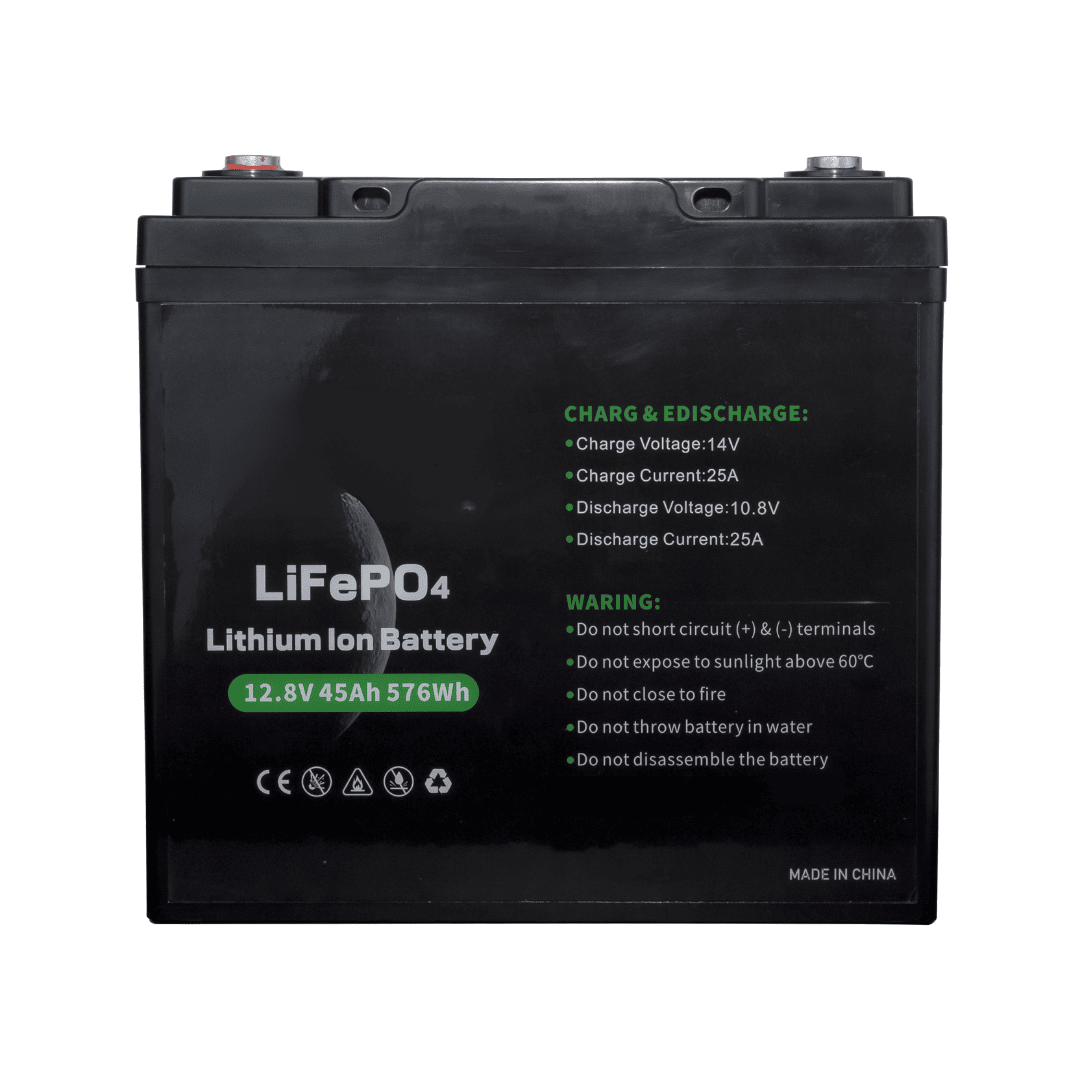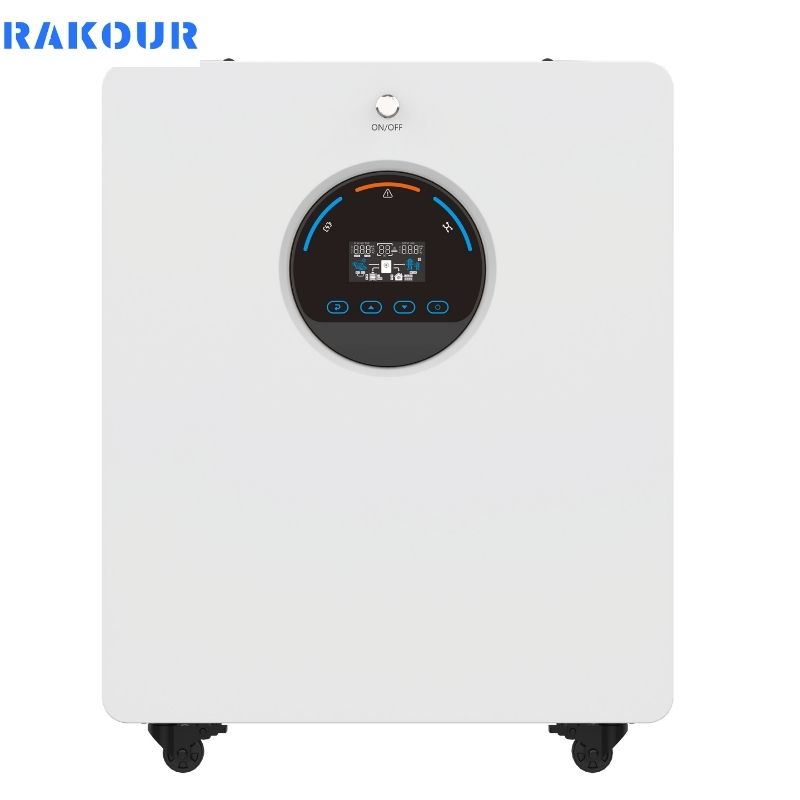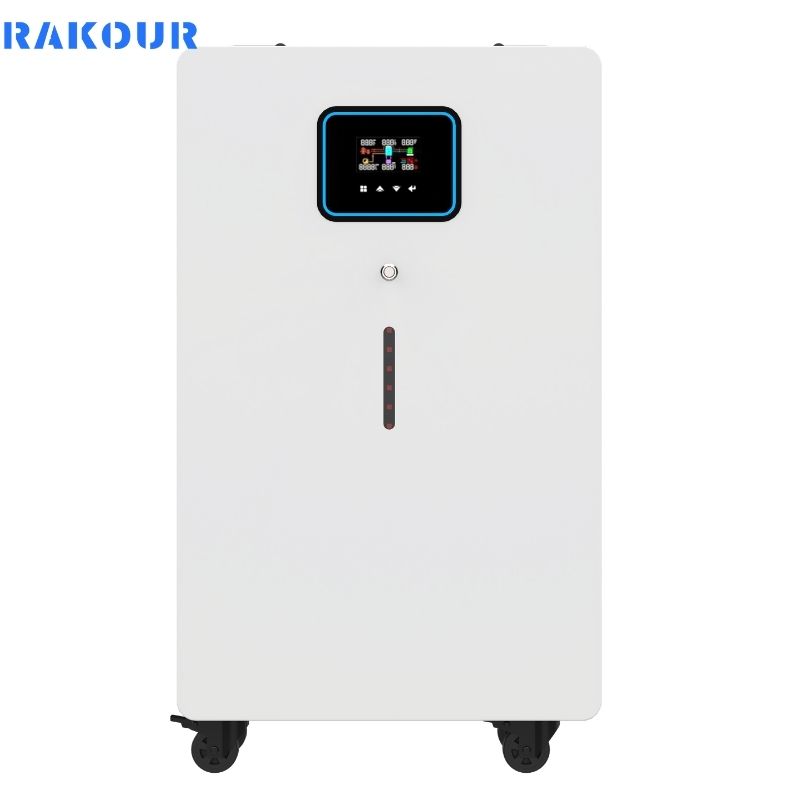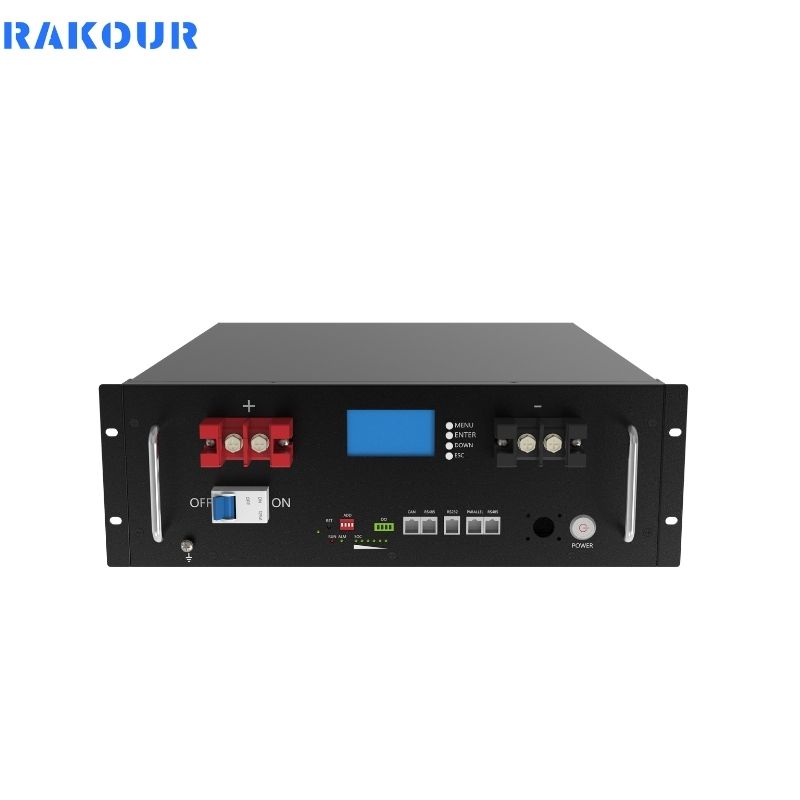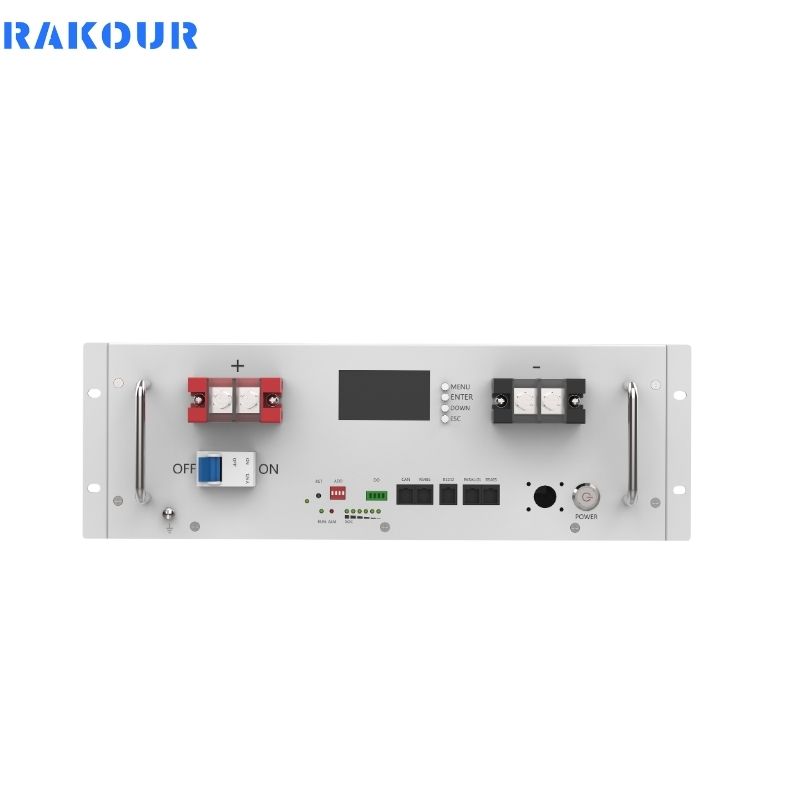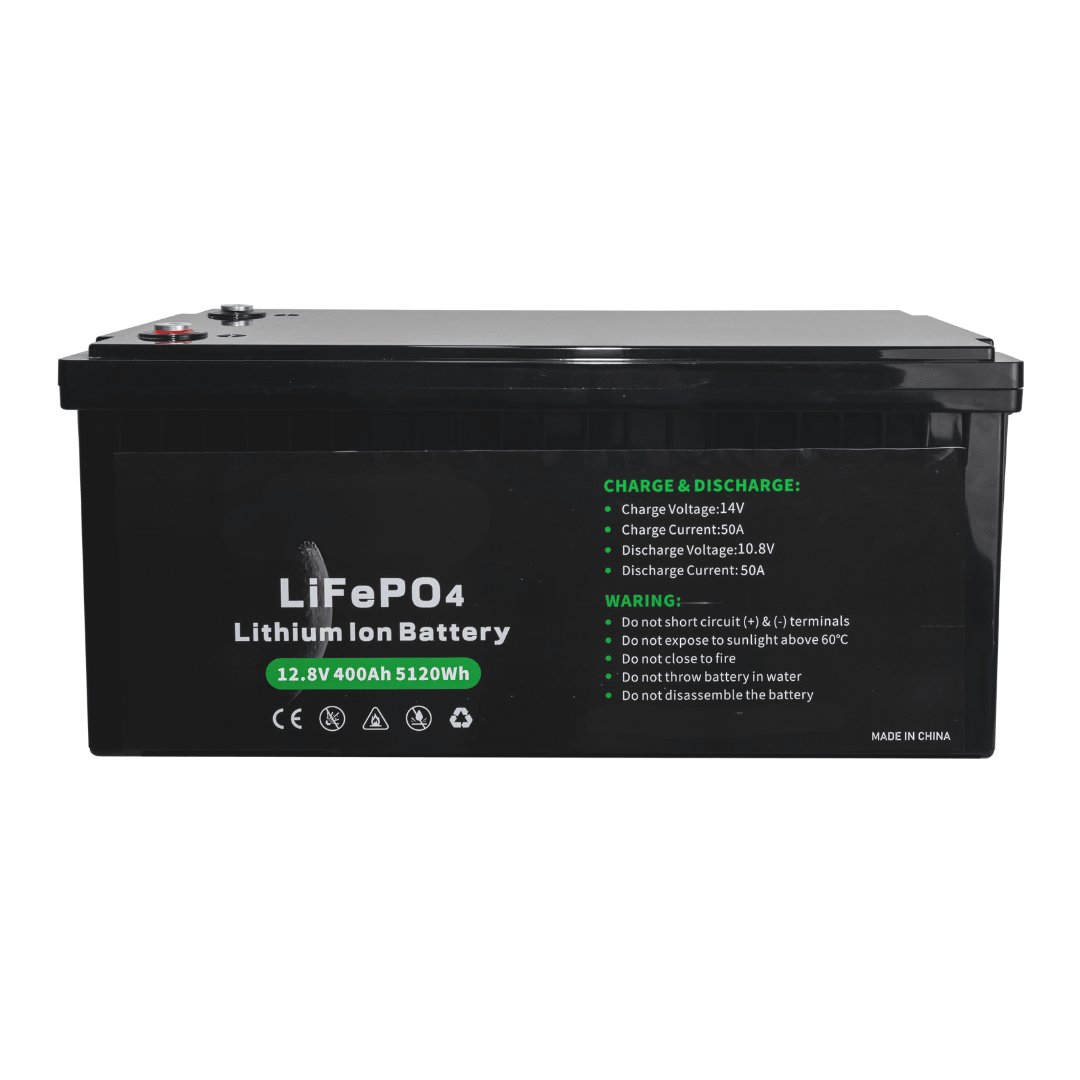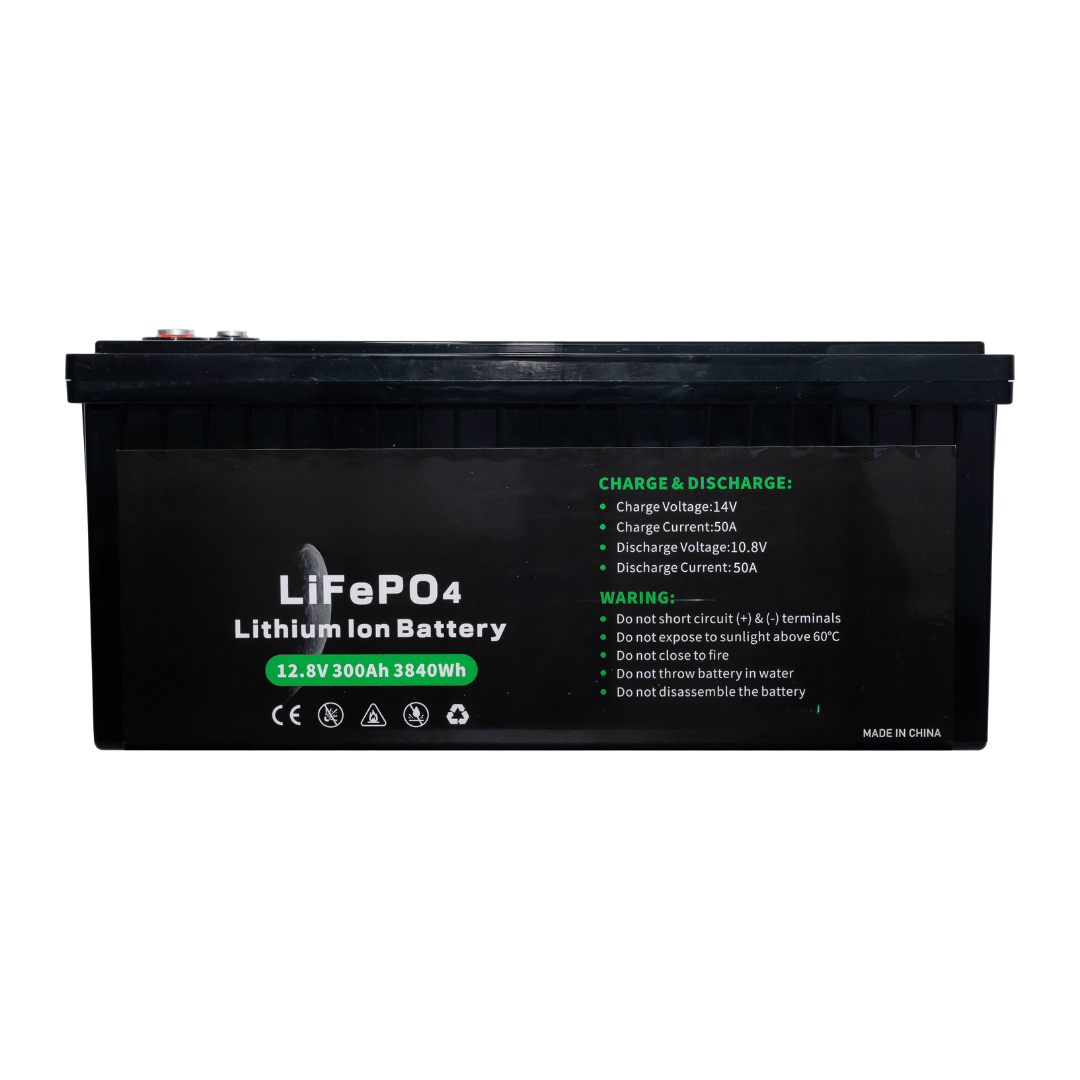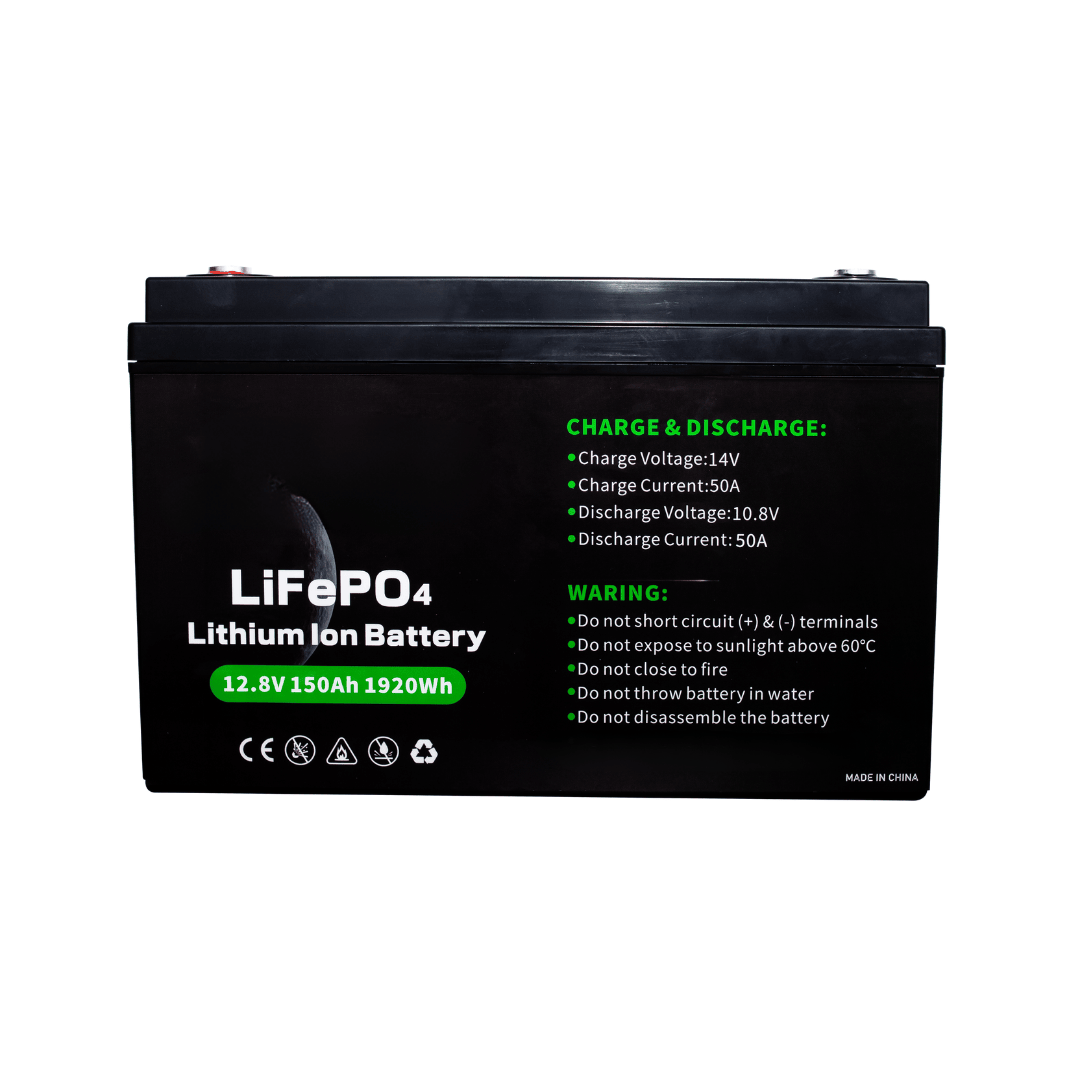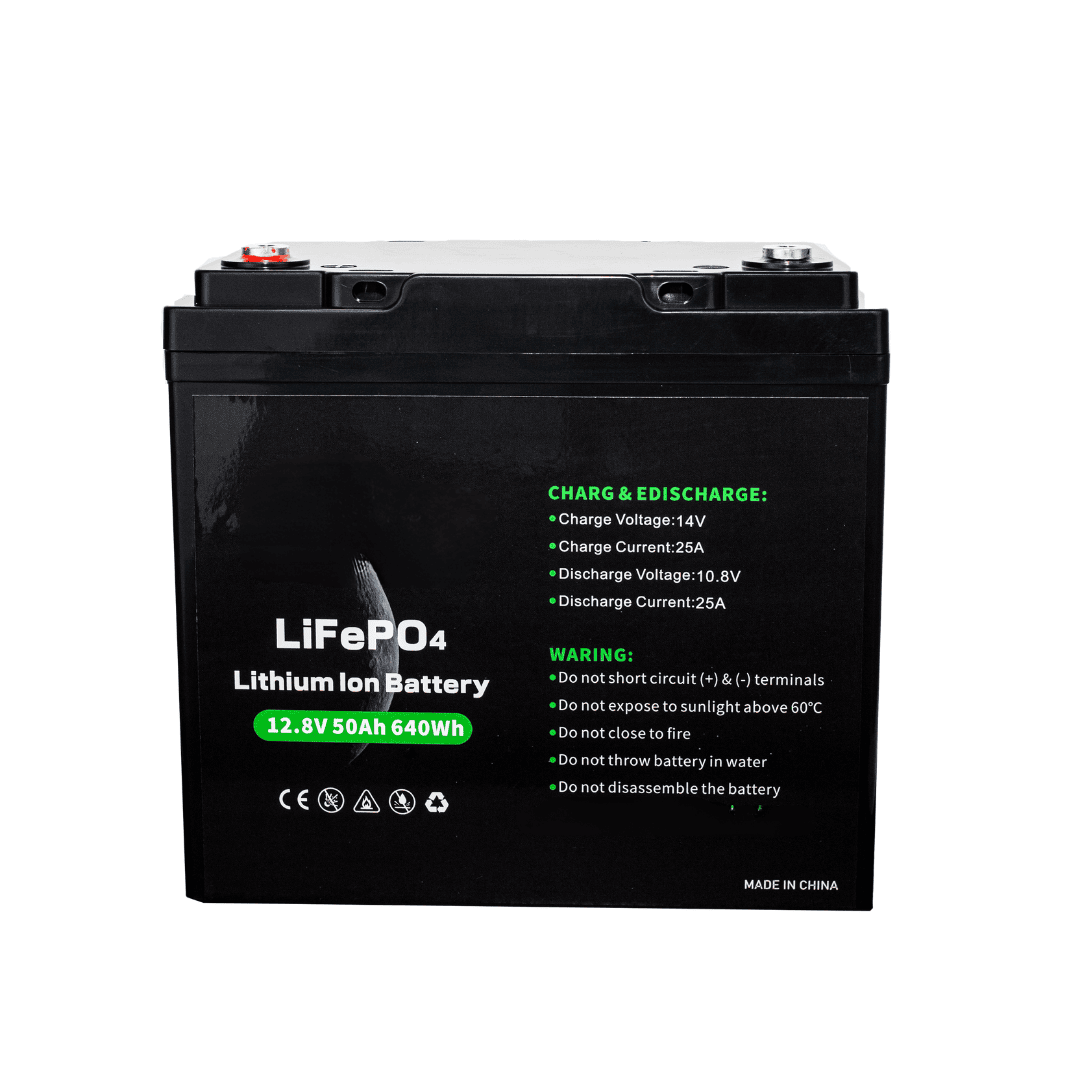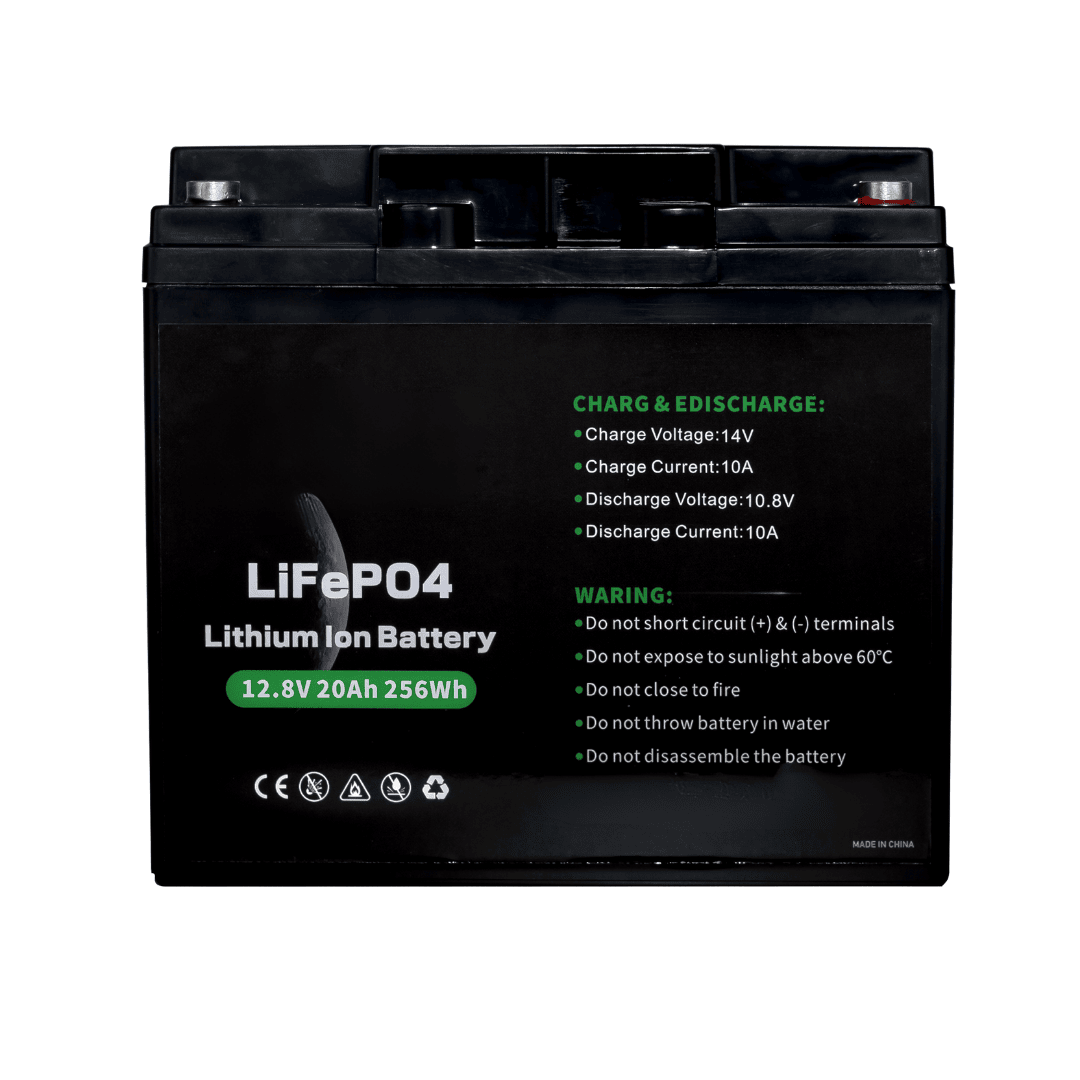Introduction to 12v Lithium Marine Batteries
The marine industry has seen a significant shift in power solutions, with 12v lithium marine batteries leading the charge. These batteries leverage advanced lithium-ion technology, providing boaters with a reliable and efficient power source. Unlike traditional lead-acid batteries, which have been the standard for decades, lithium batteries offer numerous advantages that cater to the unique demands of marine applications.
For boat enthusiasts, having a dependable battery system is paramount—whether for extended fishing trips or leisurely outings on the water. This article delves into the compelling reasons why 12v lithium ion marine battery systems are becoming the preferred choice among boaters, exploring their benefits, specifications, and real-world applications.
Key Features and Benefits:
- Lengre levetid: A 12v lithium ion battery marine can last up to ten times longer than lead-acid batteries, significantly reducing replacement frequency and overall costs.
- Raskere ladetid: Lithium batteries can be fully charged in as little as 4-6 hours, allowing boaters to maximize their time on the water.
- Lightweight and Compact Design: Weighing significantly less than lead-acid options, lithium batteries enhance boat performance and fuel efficiency.
- Forbedrede sikkerhetsfunksjoner: Equipped with battery management systems (BMS), these batteries prevent overcharging and overheating, ensuring safe operation in marine environments. According to Battery University, advancements in lithium-ion technology continue to improve safety and longevity while increasing capacity incrementally.
Benefits of Using a 12v Lithium Marine Battery
When it comes to powering your boat, the advantages of using a 12v lithium marine battery are substantial. Here’s an in-depth examination of these benefits:
A. Longer Lifespan Compared to Lead Acid
Lithium batteries typically feature a lifespan of 3,000 to 5,000 charge cycles. This means they can last over ten years with proper usage. In contrast, lead-acid batteries often need replacement every few years due to their limited cycle life. This longevity translates into significant savings over time.
B. Raskere ladetider
One of the standout features of lithium batteries is their ability to charge quickly. A full charge can often be achieved in just 4-6 hours compared to the 10-12 hours required for lead-acid options. This rapid charging capability allows boaters to spend less time at the dock and more time enjoying their adventures on the water.
C. Lett og kompakt design
The lightweight nature of lithium batteries is a game-changer for boaters. A typical 12v lithium ion battery marine weighs about 31 pounds, while a comparable lead-acid battery can weigh between 60-80 pounds. This reduction in weight not only improves fuel efficiency but also enhances overall boat performance.
D. Vedlikeholdsfri drift
Unlike lead-acid batteries that require regular maintenance—such as checking fluid levels and terminal corrosion—lithium batteries are virtually maintenance-free. This convenience allows boaters to focus on enjoying their time on the water rather than worrying about battery upkeep.
Understanding Lithium Battery Specifications
Selecting the right battery involves understanding its specifications and how they relate to your boating needs. Here are some critical aspects to consider when evaluating 12v lithium marine batteries:
A. Kapasitet
Battery capacity is measured in amp-hours (Ah) and indicates how much energy a battery can store. For instance, a 12 volt lithium battery 100Ah provides enough power for extended outings without frequent recharges.
B. Voltage Stability During Discharge
Lithium batteries maintain consistent voltage throughout their discharge cycle, ensuring that your trolling motor or onboard electronics receive stable power until the battery is nearly depleted. This feature contrasts sharply with lead-acid batteries that experience voltage drops as they discharge.
C. Batteristyringssystemer (BMS)
Most modern lithium batteries come equipped with advanced BMS technology that monitors various parameters such as temperature and charge levels. The BMS ensures safe operation by preventing overcharging and overheating—critical safety concerns in marine environments.
D. Charging Requirements
Lithium batteries require specific chargers designed for their chemistry (e.g., LiFePO4). Using an incompatible charger can damage the battery or reduce its lifespan significantly.
If you’re considering making the switch to lithium technology for your boating needs, don’t hesitate to reach out for personalized recommendations or assistance! Contact us here to explore your options further.
By understanding these specifications, you can select a 12v lithium marine battery that meets your specific needs while ensuring optimal performance.
Comparing Lithium Batteries to Traditional Lead Acid Batteries
When deciding between lithium and lead-acid batteries for your boat, it’s essential to compare their key differences:
| Funksjon | Litiumbatterier | Blysyrebatterier |
|---|---|---|
| Levetid | Up to 10 years (3,000-5,000 cycles) | 3-5 years (less than 1,000 cycles) |
| Vekt | Approximately half the weight | Heavier (60-80 lbs for 100Ah) |
| Ladetid | 4-6 timer | 10-12 hours |
| Vedlikehold | Praktisk talt vedlikeholdsfri | Krever regelmessig vedlikehold |
| Usable Capacity | Up to 100% | Typically only 50% usable |
| Sikkerhetsfunksjoner | Built-in BMS | No advanced safety features |
As illustrated in the table above, lithium batteries outperform traditional lead-acid options in several critical areas including lifespan, weight, charging time, maintenance requirements, usable capacity, and safety features .
For those curious about whether investing in lithium technology is worth it for trolling motors specifically, check out our detailed analysis on Is It Worth Spending Extra on Lithium Batteries for Trolling Motor Batteries?.
Choosing the Right Lithium Battery for Your Trolling Motor
Selecting the appropriate lithium battery for your trolling motor is crucial for ensuring optimal performance on the water. Here are some factors to consider:
A. Capacity Needs
Determine how much power you need based on your typical usage patterns. For longer trips or higher power demands, consider opting for a larger capacity like a 12 volt lithium battery 100Ah, which provides ample energy for extended outings.
B. Hensyn til størrelse og vekt
Ensure that the chosen battery fits within your boat’s designated space while adhering to weight limits. The compact design of lithium batteries often allows for greater flexibility in placement compared to bulkier lead-acid options.
C. Merkevarens omdømme
It’s vital to choose a reputable brand known for quality products and customer support. Brands like RELiON or Dakota Lithium have established themselves as leaders in the industry by providing reliable high-performance lithium solutions tailored specifically for marine applications .
D. Installation Tips
Proper installation is key to maximizing battery life and performance. Ensure all connections are secure and use appropriate wiring gauges based on your motor’s amperage requirements.
Additionally, if you’re wondering whether lithium deep cycle batteries are better than AGM options or how they perform in various applications like boats or RVs, be sure to read our articles on Are Lithium Deep Cycle Batteries Better Than AGM? og Can You Use Lithium Batteries in a Boat or RV?.
By considering these factors when choosing a lithium battery for your trolling motor, you’ll ensure reliable power delivery during your aquatic adventures.
Charging and Maintaining Your Lithium Battery
To maximize the lifespan of your lithium battery, proper charging techniques and maintenance practices are essential:
A. Optimale ladeteknikker
Lithium batteries have unique charging curves consisting of two main stages: Constant Current (CC) followed by Constant Voltage (CV). Understanding this curve helps ensure efficient charging without damaging the battery .
B. Vanlige feil å unngå
Avoid using chargers not designed for lithium technology as they may not provide appropriate voltage or current levels required for safe charging.
C. Maintenance-Free Advantages
While lithium batteries require minimal maintenance compared to lead-acid types, it’s still important to regularly check connections for corrosion or wear and keep terminals clean to ensure optimal performance.
If you have questions about how best to charge or maintain your new lithium system—or if you’re ready to make an upgrade—kontakt oss i dag for ekspertveiledning!
By following these guidelines on charging and maintaining your lithium battery properly, you’ll ensure it remains reliable throughout its lifespan.
Real-World Applications and User Experiences
Allsidigheten til lithium marine batteries makes them suitable for various applications beyond just powering trolling motors:
A. Recreational Boating
Lithium batteries provide dependable power for onboard electronics such as navigation systems, lights, and appliances without compromising space or weight limits .
B. Fishing Boats
For anglers relying heavily on trolling motors or electric fishing reels during extended trips out at sea or lakeside excursions—lithium offers long-lasting power without frequent recharges.
C. Yachts and Larger Vessels
Larger boats benefit from using multiple connected lithium units that deliver consistent energy across numerous systems while maintaining overall vessel efficiency due to reduced weight burdens associated with traditional options .
D. Electric Fishing Reels
These high-demand devices require robust energy sources; thus utilizing high-capacity lithium solutions ensures smooth operation throughout lengthy fishing sessions without interruptions caused by dead batteries.
For more insights into how boat owners can benefit from using LiFePO4 batteries specifically designed for marine applications, check out our article on How Can Boat Owners Benefit from Using LiFePO4 Batteries?.
By examining these real-world applications alongside user experiences with different setups involving various configurations—potential buyers gain valuable insights into how well-suited these advanced technologies are across diverse scenarios encountered while navigating waterways!
Lær våre virkelige produkter
anbefalt lesning
Konklusjon
In conclusion, investing in a 12v lithium marine battery offers numerous advantages that far outweigh initial costs associated with purchasing them compared to traditional lead-acid alternatives:
A summary of key points includes:
- Longer lifespan leading to fewer replacements
- Faster charging times allowing more time spent enjoying activities
- Lightweight design enhancing overall vessel performance
- Maintenance-free operation reducing hassle during trips
Ultimately—if you’re seeking reliability combined with efficiency—switching from conventional options toward state-of-the-art technologies like those found within today’s modern-day offerings could prove invaluable! With so many benefits available at hand—making this transition might just be one decision worth considering seriously!
Lær hvordan RAKOUR kan hjelpe deg med å distribuere
fremtidssikret energi
Vårt team av eksperter på energilagring vil ta seg tid til å forstå din virksomhet, dine utfordringer og muligheter.

Fordelene ved å bruke Li-ion-batteriteknologi
Utforsk de mange fordelene med litium-ion-batteriteknologi, inkludert effektivitet, økonomiske fordeler og miljøhensyn

Maksimer bobilens strøm med de beste batteriene
Maksimer bobilens kraft med de beste batteriene som er tilgjengelige. Denne guiden tar for seg typer, funksjoner og

Forleng reisen med effektive bobilbatterier
Utforsk hvordan effektive bobilbatterier kan forbedre reiseopplevelsen din. Denne artikkelen tar for seg viktigheten av dette,

Fordeler med å bytte til litiumbatterier i golfbiler
48 V litiumbatteri for golfbiler har betydelige fordeler sammenlignet med tradisjonelle blysyrebatterier, blant annet lengre

Forstå bruksområder for Li-ion-batterier
Utforsk de ulike bruksområdene for Li-ion-batterier i ulike bransjer, fra forbrukerelektronikk til

Er LiFePO4-batteriet bedre enn litium?
Denne artikkelen tar for seg LiFePO4-batterienes komparative fordeler i forhold til tradisjonelle litiumionebatterier. Den undersøker
Vanlige spørsmål



